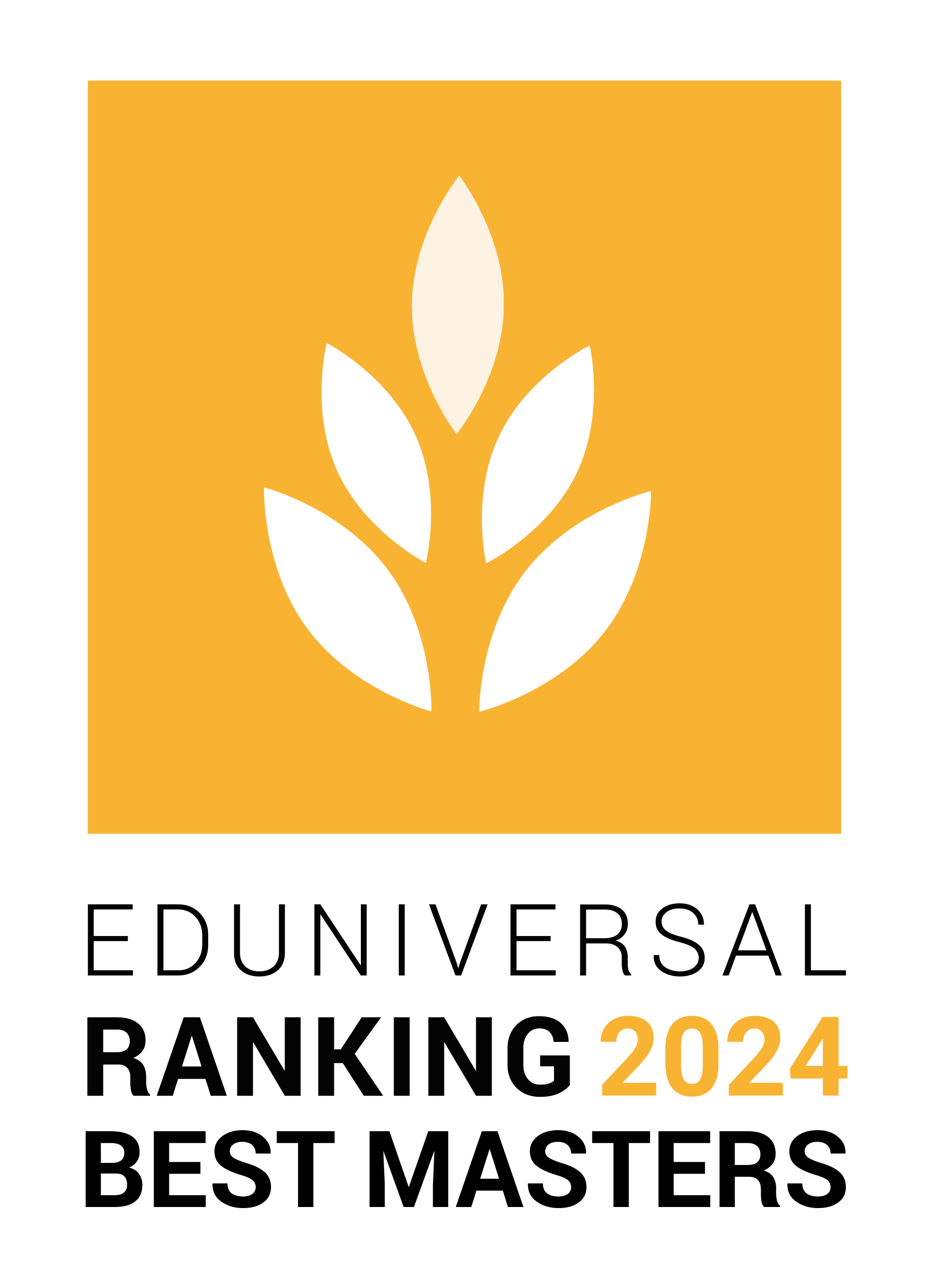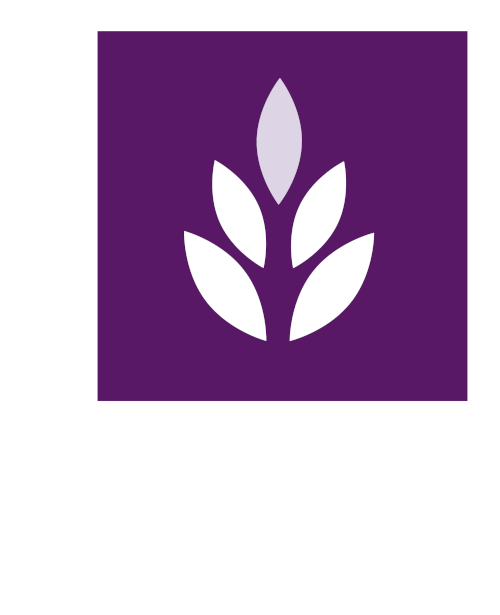- Home
- About
- Business Schools Ranking
- Selected schools
- study abroad
- Awards
- Contact

Study in Bangladesh
Bangladesh Statistics
Geography-Population
- Capital: Dhaka
- Area: 147,570 km ²
- Climate: tropical with mild winters and hot, humid summers; extremely prone to natural floods, tornados and cyclones
- Population: 164.4 million (est. 2009)
- Languages: Bangla, English
Government-Economy
Government-Economy
Government Type: Unitary state and Parliamentary democracyNational Holiday:March 26GDP: $257.545 billion (est. 2010)GDP – per capita (PPP): $ 1,566 (est. 2010)
Information for Foreign Students in BangladeshGetting There Shahjalal International Airport (formerly Zia International Airport) in Dhaka is the main gateway to the country, though Chittagong and Sylhet also receive international flights.
Obtaining a Visa
The following nationals do not require a visa to visit Bangladesh: citizens of Antigua and Barbuda, Bahamas, Bhutan, Dominica, Fiji, Gambia, Grenada, Guinea-Bissau, Jamaica, Guyana, Honduras, Lesotho, Malawi, Maldives, Montserrat, Papua New Guinea, Saint Kitts and Nevis, Saint Lucia, Saint Vincent and the Grenadines, Seychelles, Solomon Islands, Uruguay, Vatican City and Zambia for stays of up to 90 days. Citizens of all other countries need visa to enter Bangladesh. They prefer you to obtain it in your home country, but it's also possible at a few embassies and consulates in neighboring countries. Visas are available on arrival only if the country you're a citizen of has no Bangladeshi diplomatic mission in your home country, or if you're a 'privileged investor' invited by a Bangladeshi export trade body. Be ready to show paperwork indicating invitations from the said government organizations. If you apply in your home country you can usually obtain a 3 month visa if arriving by air, or 15 days if arriving at a land border crossing. Fees vary depending on nationality and length of visa requested. Citizens must obtain visas from their home countries in most cases unless an Embassy/High Commission does not exist there. In the latter case a Visa will be issued in Bangladesh on arrival.
Money
Currency used in Bangladesh is the Taka (Tk). As of September 2010, US $1 = Tk 71.30. ATMs can be found in most metropolitan areas. Dutch Bangla Bank has the largest ATM network in Bangladesh and finding one isn't hard (there is one at the airports of both Dhaka and Chittagong). These ATMs accept all Mastercard and Visa credit/debit cards. Most international banks in the country such as Standard Chartered and Citibank also rely on the Dutch-Bangla Bank Nexus™ ATM network for their own clients. HSBC ATMs are located at most hotels but accept only Visa debit/credit cards and HSBC GlobalAccess™ cards (no Mastercard).
Health
Bottled water is recommended, as the tap water is often unsafe for foreign stomachs, and some hand-drawn tube wells are contaminated with naturally occurring arsenic. This will easily pass through filters designed only to screen out bacteria. A more environmentally friendly option is to boil your own water, or use purifying tablets. However, nothing short of distillation will remove arsenic.
Safety
Bangladesh is a country full of friendly and open minded people. But being a poor country with a high poverty rate, there are some impoverished or bad-natured people who may find ways to exploit a foreigner/tourist. Use common sense precautions, such as not walking around unnecessarily or alone after dark.
Transportation
Air travel within Bangladesh is very affordable and convenient. Local Bangladeshi buses are generally crowded, often to the extent of people riding on the bus steps (entrance) and sometimes even the roof. The state run Bangladesh Road Transport Corporation (BRTC) buses usually fall into this category. Avoid all of the low cost buses - they are easy to spot by their poor condition. There are daily fatal accidents involving them. If you do use them, it is worth noting that they do not usually stop, but rather slow down slightly to let passengers on or off. Additionally, fare collectors, disconcertingly, do not wear uniform making them difficult to identify. If you do not speak the language you may have to simply jump on the bus (literally) and give money to the first person who asks you. Trains are generally comfortable, with more leg room than buses. Though the carriages are generally not very clean, the AC and 1st class seats are manageable. Sulob class is the highest 2nd class ticket, with reserved seating and not much different from 1st class (except in price).<-->
Official Selection of the Best Business Schools in Bangladesh
|
3 Palmes Of Excellence EXCELLENT Business School |
Rank Position in
Palmes’ League |
Deans’ Recommendation
rate 2024 |
|---|---|---|
|
University of Dhaka - Institute of Business Administration (IBA) |
1 | 179 ‰ |
| 2 | 74 ‰ |
|
1 Palme Of Excellence LOCAL Reference |
Rank Position in
Palmes’ League |
Deans’ Recommendation
rate 2024 |
|---|---|---|
| 1 | 95 ‰ |

Official Selection of the Best Business Schools in Bangladesh
Learn the ranking results of the best masters in Bangladesh here:
https://www.best-masters.com/ranking-master-in-bangladesh.html
